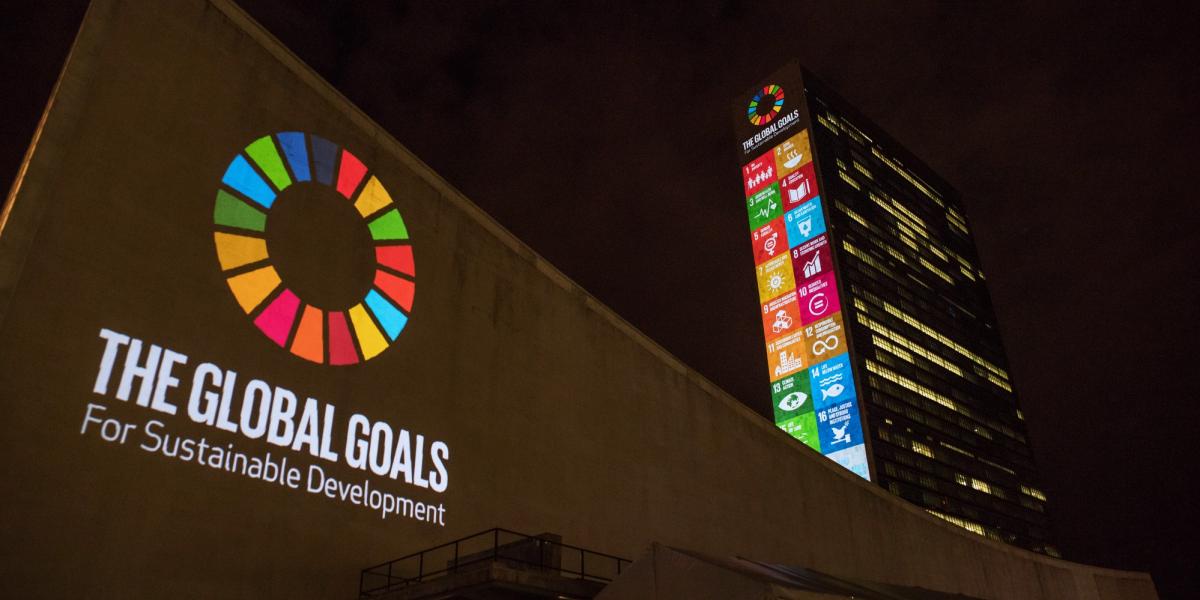ECOSOC at 80: Renewing Multilateralism in an Age of Global Uncertainty
On 23 January, the United Nations Economic and Social Council (ECOSOC) convened a commemorative session…

The annual High-Level Political Forum (HLPF) on Sustainable Development will bring together government officials, UN agencies, civil society actors, and private sector leaders in New York from July 14–23, under the auspices of the UN Economic and Social Council (ECOSOC).
This year’s forum will be held under the timely theme: “Advancing sustainable, inclusive, science- and evidence-based solutions for the 2030 Agenda for Sustainable Development and its Sustainable Development Goals for leaving no one behind”.
With just five years remaining until 2030, this HLPF represents a pivotal opportunity to reflect, recalibrate, and recommit to achieving the Sustainable Development Goals (SDGs) and the private sector must be front and center of these efforts!
This year’s HLPF will review six SDGs in-depth:
Each of these areas intersects with how businesses operate, invest, and engage. For the Private Sector this is a moment to reaffirm our collective leadership, showcase scalable solutions, and shape the policy environment that enables inclusive, resilient development. While SDG 2 (Zero Hunger) is not under formal review, it remains central through interconnected themes like economic growth, gender, and climate adaptation; all highly relevant for food systems.
It is widely acknowledged that progress toward the SDGs is off track in many critical areas. Inequality, climate change, hunger, and health disparities have been compounded by a volatile global landscape – from pandemics to conflict to economic shocks. But amid these challenges lies an urgent call for action and innovation and the private sector is not only a stakeholder but a driver of change and innovation.
Multistakeholder collaboration is at the heart of the SDGs. Whether through blended finance, joint innovation hubs, or public-private platforms like the Private Sector Mechanism at the CFS, business is already proving that partnerships can accelerate sustainable development. Importantly, the Zero Draft of the Ministerial Declaration acknowledges this crucial role of the private sector, calling for stronger multi-stakeholder engagement and new investment pathways that can bridge the SDG financing gap.
In this regard, the 2025 HLPF is not just a checkpoint, it’s a course correction. It’s time for stakeholders to move beyond commitments and drive implementation. The SDGs are our collective blueprint, and the private sector is indispensable in bringing them to life. To deliver on the SDGs, the private sector calls on member states and policy makers to advance:
Let us step up, speak out, and lead boldly toward a future where people, planet, and profit thrive together. The private sector is not just a partner, it is a driver in unlocking scalable, science-based solutions for the SDGs. For those seeking to shape the future of sustainable development, HLPF 2025 is a critical milestone. It’s not too late to get involved, learn more and register here.